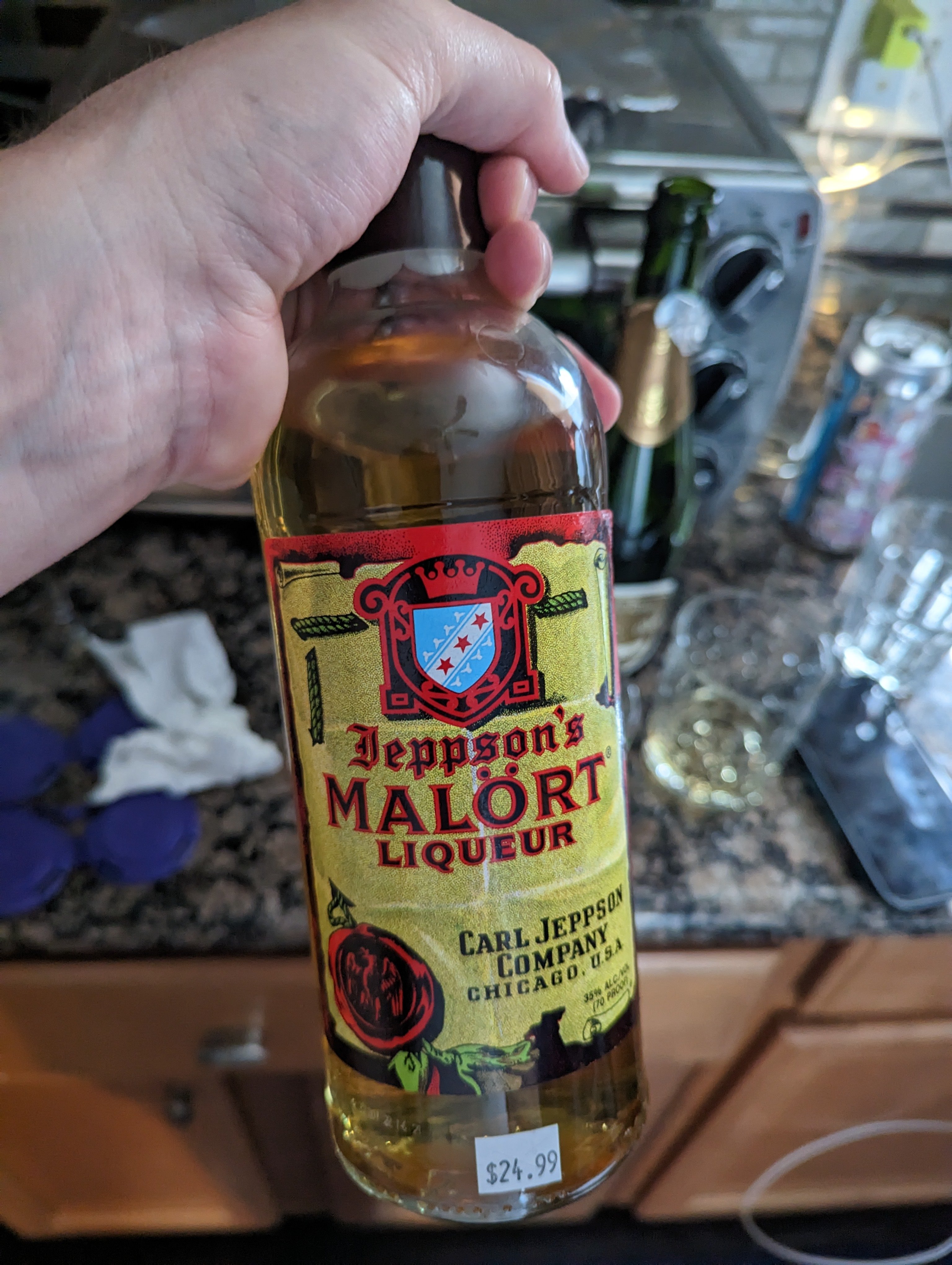To be absolutely clear, this is not new. Steam accounts being non-transferrable and not your property has always been how Steam’s terms work. It’s not even the first time the death situation comes up.
Because digital ownership sucks, and that absolutely, very much includes Steam. If you can’t keep an offline copy you don’t own it.
But honestly, given the new family groups Steam came up with this gets weirder now. Other accounts that are more closely tied to hardware are one thing, and I do wish we had a more effective and reliable way to hand over passwords and credentials to relatives in case of emergency, but it’s so weird that now your mom can have an accident and you slowly see the games she was sharing with you over that system fade away as her account gets shuttered. It’s such a grim, sci-fi distopian piece of minutia. This is not a great timeline we landed on.
I don’t think anyone thinks this is new, the article clearly states this was the result of a question on Reddit to valve personnel. The issue is not “why the change?” but more of “wait I didn’t think about this previously, I need to consider the implications/results of this policy.”
deleted by creator
GOG
I had been literally planning on putting my Steam account in the will…
What if you do it a roundabout way? Record your Steam and email login info and include the paper that has it in the will. You’re not giving them the account, just a piece of paper. What they do with it is up to them.
Fr, mine is worth a good $6000+…
What they dont know wont hurt you
But I want to hurt them, a lot
Then do it anonymously
But I was already planning on leaving mine to my son.
Guess he just gets my username and password.
Note to self, turn off 2fa before I die
I left the 2fa on! Too la
Tough shit. Someone needs to enjoy the games.
And who says you have to notify Valve with what you do to your account?
Yarrrr
Can you be in the steam family group with a dead person?
Yea but you need the owner account to authorize the computer. So next time you upgrade or wipe your gaming rig you’d be screwed unless you find a bypass and if you’re working that hard, just have the password+mfa
Check out the new Steam Family Beta. My friends and I are now a polyamorus “family” as far as Steam is concerned. I can play their games, they can play mine, didn’t have to touch each other’s computers, and live in separate households.
oh I do hope they have improved it. When we started with steam the game borrowing was pretty great but now she can’t be online when I borrow a game which is just dumb.
The new system is “they can’t be playing the game you want to borrow at the same time”. My friend and his partner were awkwardly sharing a copy of BG3 before we tried the Family Sharing beta, now if I’m playing something else they can both play at the same time using my copy.
just don’t die
just don’t die
So far that’s been working for me.

give your kids your first name. that way they can verify it forever and so on as long as they keep the tradition and last name alive.
We did it, lemmy!
All I have to do is leave the username and password to my steam account and email address to someone else in my will. 🤦♂️
Shhh take your sensible nonsense somewhere else, we want outrage and shitting on everything here
Having a workaround doesn’t mean there’s no problem
Life Pro Tip: Register an LLC to buy your steam games under. The LLC will never die and you can transfer ownership of the business entity while it retains control of the steam account.
$800/year is a lot to save maybe $1000 worth of games. At least that’s what an LLC costs where I live.
Woah, that’s expensive AF. I think forming an LLC in my state is like $25 and then nothing except tax burdens on revenue.
Almost 10 times less where I live, but not sure because I don’t know which dollars you’re referring to
US dollars. I’m in California, which is probably one of the most expensive states to get an LLC but still. Even at $100/year I’m probably not getting my money’s worth. Digital games don’t hold their value unfortunately.
I kind of want one anyway. Is there a real reason I shouldn’t do this?
Personal use of business assets is generally frowned upon by the IRS.
That’s why I’ll only play during work hours.
Disclaimer this was a joke I’m not a lawyer and I have no idea if this would actually work… 😆
Would be hilarious if it actually does and everyone starts doing it…
I am now curious how and if Steam bothers to deal with business licensing? If they do, it’s probably way pricier than what you’re normally paying.
“Your honor, ‘bonerdragon6969420 llc’ has a long and industrious history…”
You normally pay an annual fee to keep your LLC registered.
Also I think you are required to submit yearly financial reports.
Not in Arizona. You don’t even have to live there, just have to file there.
There’s at least 10 states with no annual fee. Arizona is $50 to file, $0 annual fees, and no annual report to file.
If you’d prefer your company to have voting rights, you can file in Rhode Island, and your company can vote in local and state elections without ever stepping foot in the state. Hooray late stage capitalism 😞
As others have pointed out - costs a few bucks annually,and requires beneficial ownership report (free IIRC).
Otherwise, it’s a tried and true tactic to pass businesses down through generations. An LLC vs. a corp vs a trust is a convo to have w/ lawyer barred in your state but the general premise is vaguely sane.
Tldr: Don’t do this unless you have a business that requires a steam account for tax purposes. It doesn’t need to be successful but it does need to be real.
Trusts are probably a better option for this sort of thing than a LLC.
Just do benchmark videos on youtube or something. Then rake in the sweet, sweet business losses.
Register a religious organisation/church worshipping digital media and proclaim that this account is part of religious rituals of your church. In the United States, freedom of religion is a constitutionally protected right provided in the religion clauses of the First Amendment.
That’s a lot of effort just to play HuniePop
ya, but as an LLC you get a lot of rights that you didn’t have before!
They also don’t let you transfer purchases if for instance you’re being stalked
Had a friend lose a thousand games that way
Friend could have in theory just authorized their steam library on the computer and played them through a different account. The “family sharing” thing.
Don’t you have to be friends for that? I believe there was a website that showed your friends list, even if your profile was set to private.
Wait, what does stalked mean in this context? Aren’t you able to block people on Steam?
You can but they can just go to a steam profile site and see your previous names/the id doesn’t change
And if they have a link to your profile (since it uses the id) they will always find you
For this case they made her player of the week in a group she wasn’t apart of. It’s still there today but the profile is deleted (hence the question mark)

Blocking an account doesn’t really solve the trauma of being scared to accept any friend request since it could be this guy
Steam support did nothing
I’d like to see them try stopping me giving my kids my password.
Give your kids your passwords, folks
Steam isn’t going to exist until you die anyway. At some point they will exitscam
Between my birthday of 1/1/1901 and unlicensed game inheritance, shit is going to go down in the next 50 years. We’ll have AI legal reps for powerful firms requesting a statement of all software licenses by the deceased, challenging them, and then having a court order the rest null.
I hate that I will be right about that.
Gotta have kids for that
deleted by creator
Better yet: “… on the day of my inevitable demise.”
Sounds more dramaticWe’re all gonna die so it’s still a very much true statement
And I agree, much more dramatic
Will valve allow accounts to exist indefinitely? Will they create an expiration policy, like accounts being closed after 100 years





















